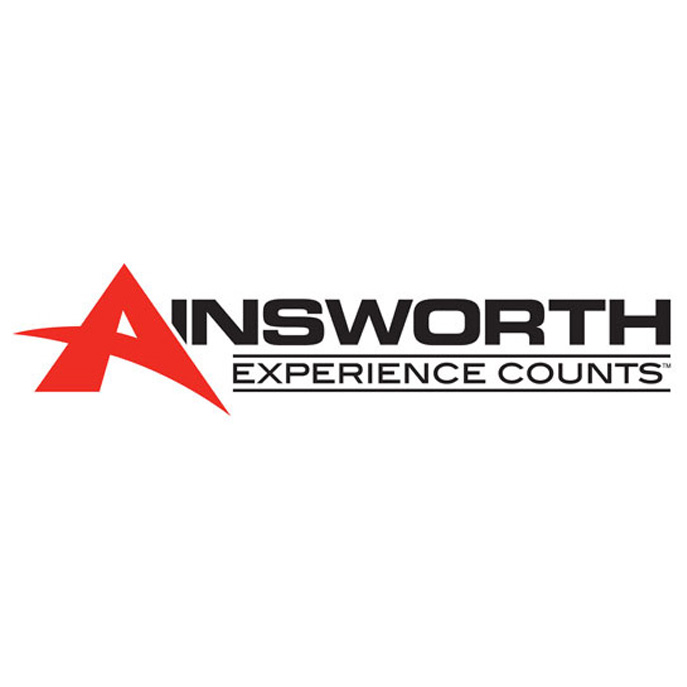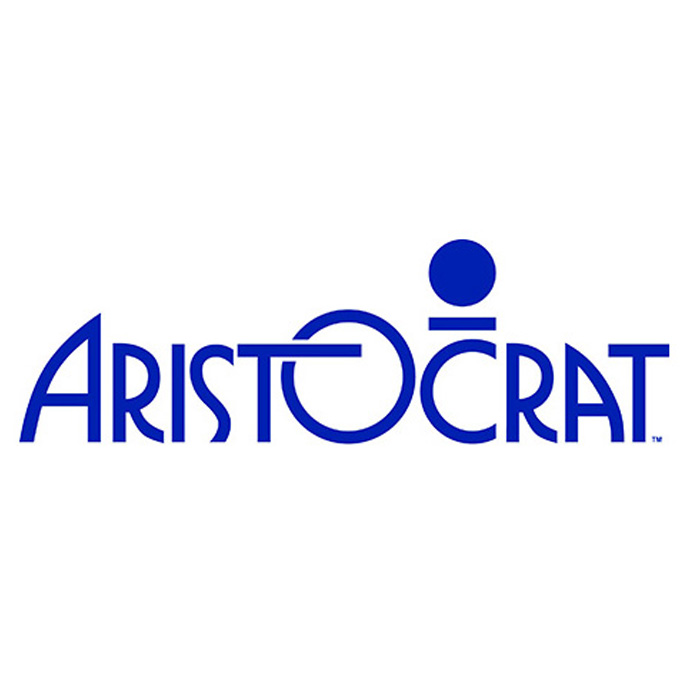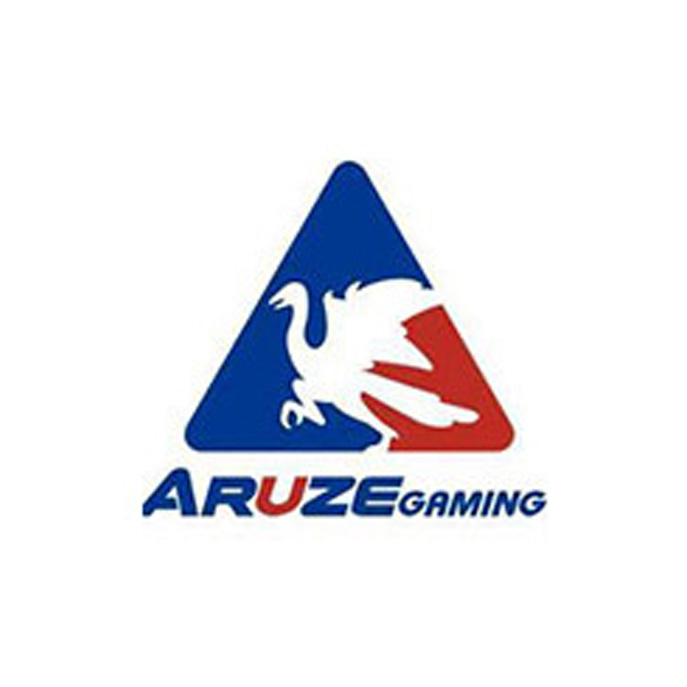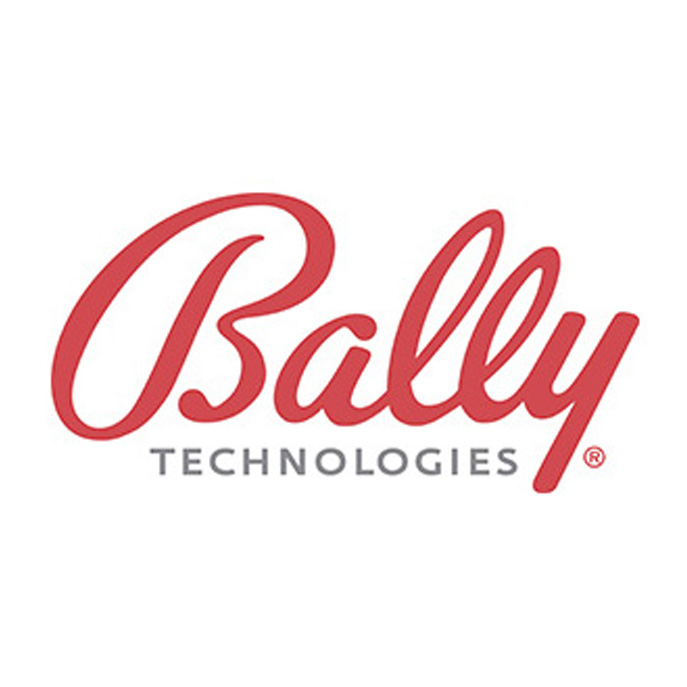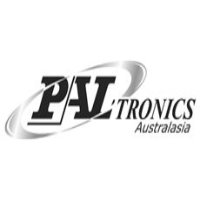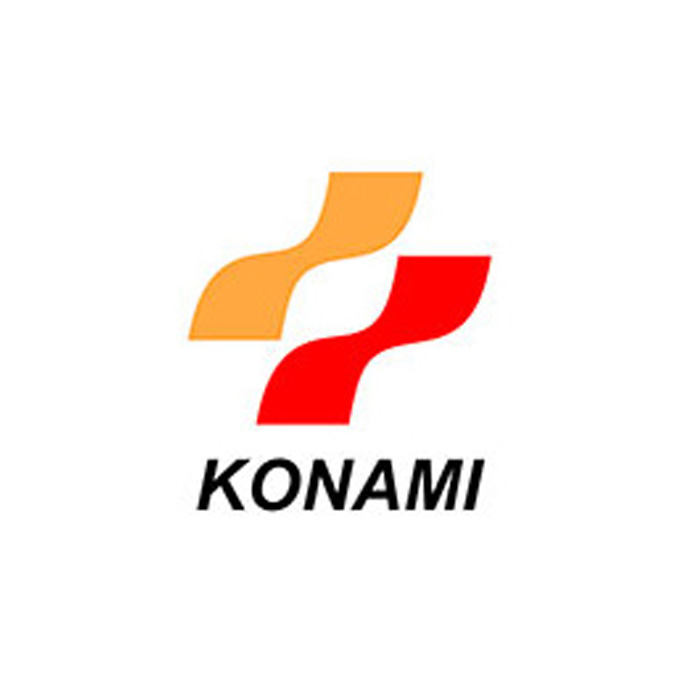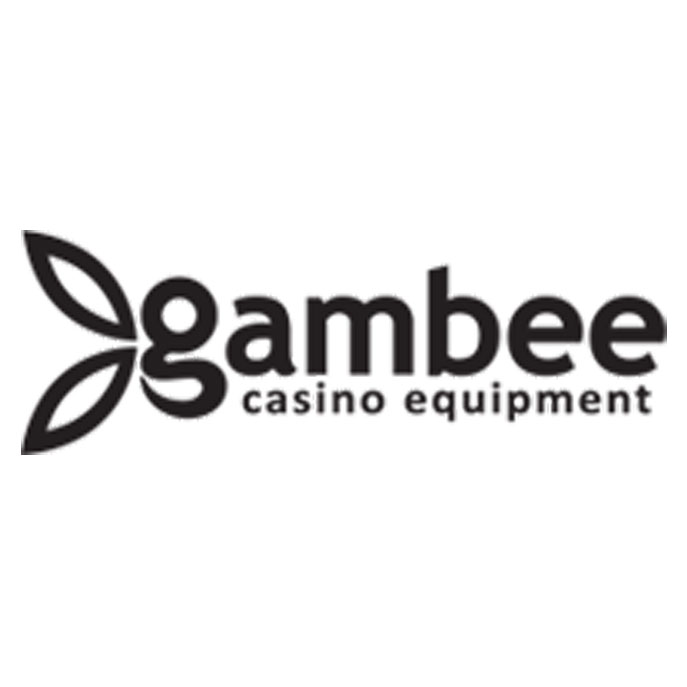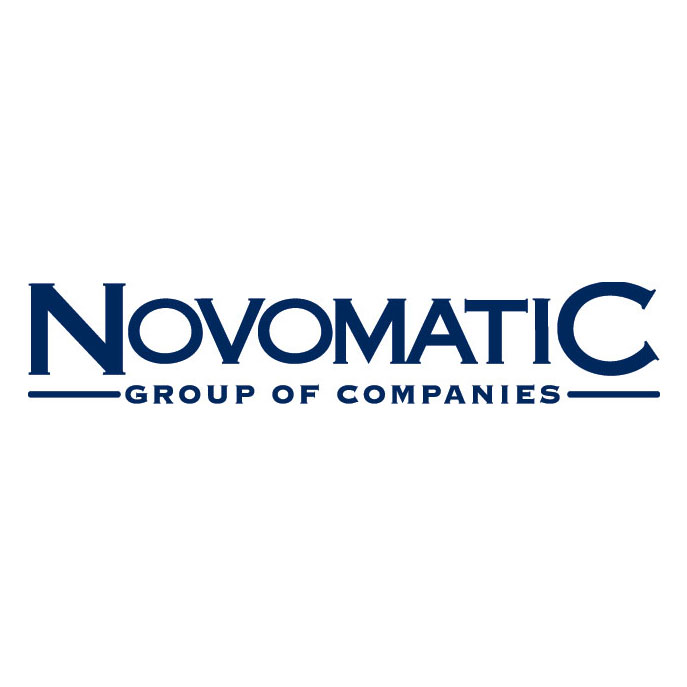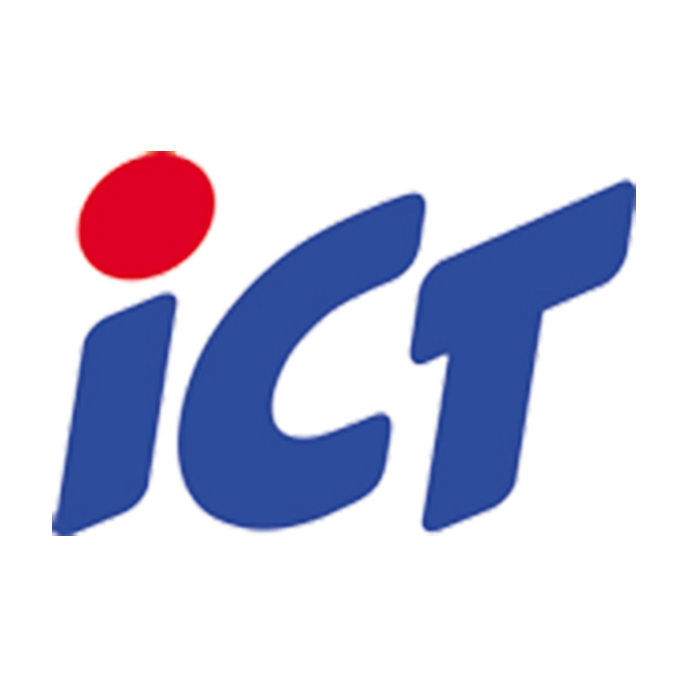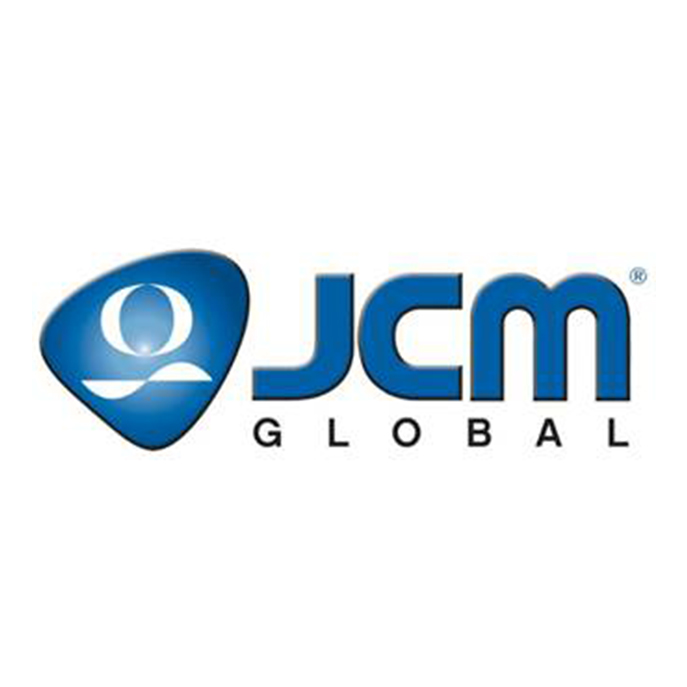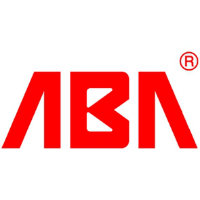How to Choose a Slot Machine for Your Entertainment Venue: Technical and Legal Insights
This comprehensive guide is crafted for venue owners, gaming professionals, and decision-makers who are considering investing in slot machines. It offers an in-depth look at technical parameters, platform options, legal compliance, and operational strategies that lead to successful integration and profitability. By the end, you’ll have a complete understanding of what it takes to choose the right machine for your business and avoid common pitfalls.
The Evolution of Slot Machines: From Mechanical Marvels to Digital Powerhouses
Slot machines have evolved significantly since their inception in the late 19th century. Originally built with mechanical reels and levers, early slots relied purely on physical interaction. With the arrival of electromechanical machines in the 1960s and the first video slots in the 1980s, gameplay transitioned to digital environments. Today’s slot machines are technological marvels, often equipped with curved 4K displays, immersive surround sound, AI-driven gameplay analysis, and network connectivity that allows real-time updates and performance monitoring.
This evolution has not only enhanced player experience but also transformed how operators manage and maintain equipment. Maintenance is easier, upgrades are more flexible, and analytics can be run remotely. Understanding this history is essential to appreciate the capabilities of current-generation machines and the expectations of today’s players.
Platform Differences: Ainsworth, Aristocrat, Konami and Others
Not all platforms are created equal. Ainsworth machines are known for their minimalistic design and focus on core gameplay mechanics. Aristocrat machines, such as Helix and Viridian, prioritize user experience, graphics, and modular software. Konami distinguishes itself with narrative-driven gaming and cinematic themes. Choosing a platform is about more than visuals — it’s about understanding the ecosystem behind the software, its reliability, update frequency, and compatibility with peripherals and loyalty systems.
Moreover, some platforms offer broader regional certification, meaning they are legal in more jurisdictions — a crucial factor for international operators. Choosing a versatile platform that is compliant across multiple markets offers long-term operational flexibility and minimizes regulatory risks.
Technical Criteria that Impact ROI
Before purchasing a machine, you should evaluate key hardware and software attributes. Start with the display: larger, high-definition, and curved screens enhance user immersion. Machines with responsive touchscreens and RGB LED accents attract attention in crowded spaces. Inside, the board (main control unit) must support USB 3.0, HDMI, and PCIe connections for advanced peripheral support. Reliable power supply units, backup batteries, and cooling systems also influence durability and uptime.
Memory capacity, secure data logging, support for remote software patching, and encryption capabilities are increasingly necessary, especially where regulatory agencies audit machine behavior. In summary, choose machines not just for their appearance or price, but for their internal architecture and upgrade potential.
Legal and Licensing Considerations
Legal compliance is mandatory. Every machine must be certified by recognized bodies such as GLI (Gaming Laboratories International), BMM Testlabs, or regional equivalents. These certifications validate fairness, security, and conformity with legal standards. In many countries, gaming regulators require machines to log every transaction, boot-up, payout, and firmware update. Make sure the machine you purchase has secure logging and remote-access capabilities if required.
Operators also need an active gaming license for the venue, and in some jurisdictions, individual licenses for each machine. In places like the UK, Germany, and Australia, this includes machine registration, software version approvals, and periodic inspections. Failure to comply can result in heavy fines, license revocation, or criminal liability. Therefore, when choosing a machine, consider whether it is pre-certified and whether the seller provides documentation and support for compliance.
New vs. Refurbished Machines: What’s Right for Your Business?
New machines are appealing for their longevity, warranty coverage, and guaranteed updates. However, refurbished units from reputable suppliers can offer excellent value. These machines undergo thorough testing, often receive upgraded hardware, and come with support plans. Operators on tighter budgets or opening smaller venues may prefer refurbished units to achieve faster return on investment (ROI).
Be cautious of sellers offering machines “as-is” without diagnostic checks. Always request a quality report, certification copies, and installation support. A reputable supplier will also offer upgrade paths — for example, converting a 2015-era model into a near-modern equivalent by replacing the display, board, and speakers.
Slot Machines and Revenue Streams
Slot machines can generate up to 70–80% of total venue income depending on the region. Placement strategies, player demographics, and platform selection all influence revenue. Machines near entrances and exits attract spontaneous players, while those deeper in the venue engage more experienced users. Offering a mix of games — classic three-reel slots, five-reel video slots, and progressive jackpots — appeals to different audience segments.
Machines that support multi-language interfaces, adjustable volatility, and customizable themes further personalize the player experience. CRM integration enables player profiling, loyalty bonuses, and behavioral analysis, boosting long-term engagement. Machines that log playtime, average session length, and payout rates provide actionable insights for managers to adjust machine layout or swap underperforming units.
Software Updates and Technical Support
Technology evolves rapidly, and so must your machines. Regular software updates fix bugs, add new features, ensure compliance, and improve user interface (UI). Select a supplier who offers scheduled firmware updates, secure patching protocols, and rollback options. Ask about the average turnaround time for critical bugs and whether updates can be installed remotely or require on-site technicians.
Some vendors offer service-level agreements (SLAs) that include 24/7 support, on-site technicians, and replacement parts within 24–48 hours. Even one day of downtime for a popular machine can cause a significant loss of revenue — so support quality should be a key factor in your decision.
Integration with Cash Handling and Surveillance Systems
Modern slot machines must connect seamlessly with cash management systems, such as bill validators, coin hoppers, and ticket redemption kiosks. Integration with RFID or NFC readers also supports contactless payments. Compatibility with modern CMS (Casino Management Systems) allows operators to monitor coin-in/coin-out metrics, detect anomalies, and enforce anti-money laundering protocols.
Security systems — including surveillance cameras and access control — can also integrate with machines to detect tampering, identify authorized staff, and document incidents. Choose machines that offer logging for door opens, service entries, and cashbox removals. These logs should be encrypted and retained in line with local data protection laws.
Placement Strategies and Design Considerations
Psychological and ergonomic factors play a role in maximizing slot machine performance. Machines placed near high-traffic zones draw attention but may not encourage long sessions. Machines placed in semi-private zones offer comfort and are favored by serious players. Consider lighting, acoustics, ventilation, and seat comfort when arranging machines. High-back chairs with USB ports and cup holders improve the gaming experience.
Branding also matters — LED signage, machine skins, and digital themes should align with your venue’s identity. Some manufacturers offer custom design options or multilingual content for regions with diverse clientele. The ambiance surrounding a machine affects how long a player stays and how much they spend.
Tips for First-Time Buyers
New operators often underestimate the complexity involved in selecting and maintaining machines. Begin by outlining your target audience: casual players, tourists, locals, or high-stakes gamblers. Next, estimate daily foot traffic and determine how many machines your space can support without crowding. Consult with industry experts or suppliers who can simulate ROI projections based on venue type, location, and average session length.
Always test machines before purchasing — either at trade shows or demo rooms. Ask for post-installation training, warranty coverage details, and parts availability. Never overlook electricity consumption, heat output, and sound levels — especially if you operate in a mixed-use environment like hotels or shopping centers.
Conclusion: A Strategic Investment
Choosing a slot machine is not merely a purchase — it’s a strategic investment that influences customer satisfaction, compliance, profitability, and brand reputation. The right machine enhances your venue’s appeal, supports your team’s operations, and ensures stable revenue. Consider long-term value, technical support, legal certification, and compatibility with your ecosystem before committing.
Whether you’re a seasoned operator or entering the industry for the first time, make decisions based on data, expert insights, and the evolving expectations of your target market. Partner with suppliers who offer more than hardware — those who deliver insight, innovation, and infrastructure. Your slot machines will not just be assets; they will become cornerstones of your venue’s success.
